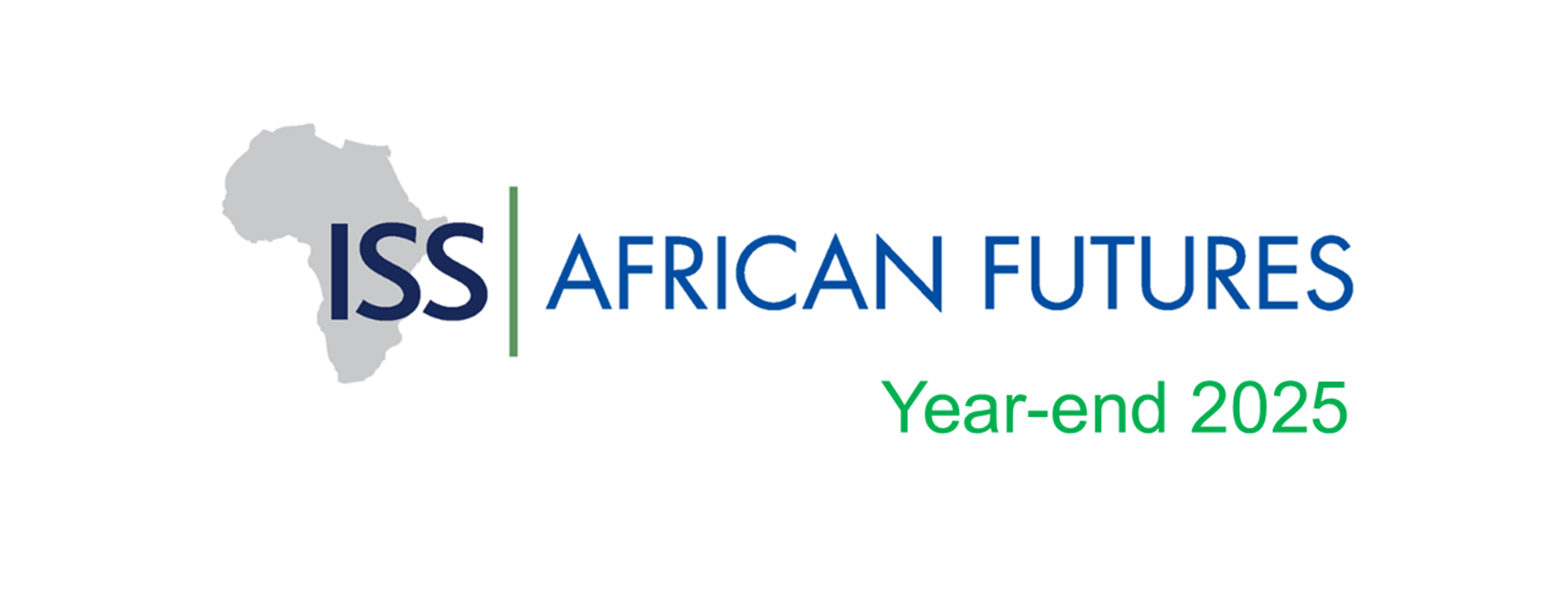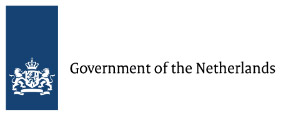Overcoming Africa's credit risk

Why do African countries have such low credit risk ratings, when the default rate average for lending to private entities in EMDEs is 3.56%?
-
Date: 08 April 2025
-
Time: 14:00 - 15:00 (CAT)
-
Venue: Online via Streamyard
Overview
Did you know that the average annual default rate of lending to private entities is 3.56% in emerging markets and developing economies, broadly aligned with many non-investment grade firms in advanced countries?
The average recovery rate is 72.2% in emerging markets and developing economies (EMDEs) – higher than the global average – and the default rate for sovereign and sovereign-guaranteed lending in EMDEs is 1.06%, with an average recovery rate of 94.9%.
Why then, do African countries have such low credit ratings that the African Union is starting a credit rating agency to address concerns over perceived biases, inaccuracies, and high costs associated with international credit rating agencies when assessing African countries?
ESI Africa presents a live discussion around the concept of credit risk ratings (though, not a discussion on credit ratings agency per se.)
Instead, we shall interrogate the viewpoint created of Africa’s credit risk rating as risky (for lack of a better word), based on the judgement of companies domiciled thousands of kilometres away.
Just how much do credit risk ratings influence an African country’s ability to attract investors or an IPP’s likelihood of securing finance? And whether a credit risk rating should have such an outsized sway over investment and finance decisions? Or is it a perception, and honestly, the finance sector is actually doing fine.
Moderator: Nicolette Pombo-van Zyl, Editor-in-Chief, ESI Africa
Speaker: Ejigayhu Tefera, Senior Credit Rating Researcher at African Peer Review Mechanism
Speaker: Marvellous Ngundu, Research Consultant – Africa Futures and Innovation, Institute for Security Studies
More to explore

05 Sep 2025
US-Africa Futures Summit 2025: from aid to agency
This summit explores Africa’s growing global leadership and the US shift towards trade-focused partnerships, emphasising mutual prosperity over aid.

05 Jan 2026
Year-end 2025
AFI will reopen on Monday, 5 January 2026

21 Oct 2025
African Futures Conference 2025: Insight, Imagination, Action
The African Futures Conference is the continent’s premier platform to explore and amplify African-led foresight.

26 Aug 2025
Africa at work: redefining employment for a changing continent
Digitisation and youth-oriented policies could offer Africa’s vast youth population the prospect of adequate and productive jobs.


